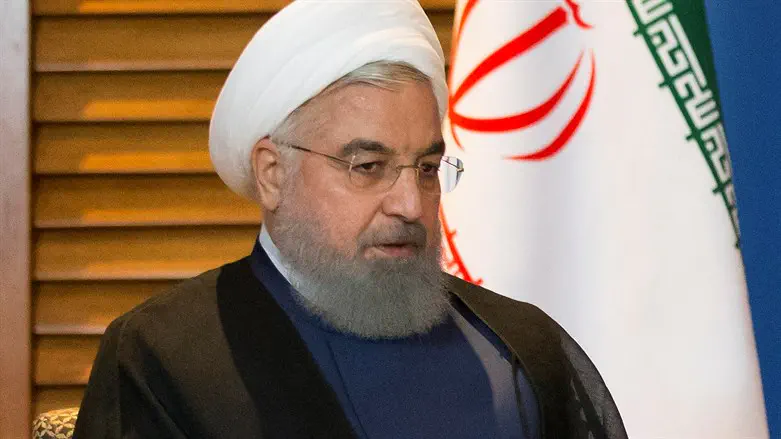
Iran's hardline watchdog body has banned former President Hassan Rouhani from standing again in an election in March for the Assembly of Experts, which appoints and can dismiss the supreme leader, Reuters reported on Wednesday, citing state media.
The 88-member assembly, founded in 1982, supervises the most powerful authority but has rarely intervened directly in policy-making.
Supreme Leader Ayatollah Ali Khamenei is 84, so the new assembly is expected to play a significant role in choosing his successor since its members are only elected every eight years.
Rouhani criticized the Guardian Council's ruling as "politically biased ... (one) that will undermine the nation's confidence in the system".
"Undoubtedly, the ruling minority overtly seeks to reduce public participation in elections ... intending to dictate the people's fate through their decisions," he said in a statement published on Rouhani's website.
Rouhani, considered to be “moderate” by Iranian standards, was first elected in 2013 and reelected four years later.
He was replaced in 2021 by current President Ebrahim Raisi, who was elected in a landslide in that year’s election and is considered to be more hardline than Rouhani.
However, despite Rouhani being touted as a “moderate” reformist, Iran set new records under his presidency in the number of executions, many for political or religious "crimes".
He also did little in the way of freeing reformist political leaders who were jailed after protesting the 2009 election and in stopping the limitations on freedom of speech in Iran, despite having openly criticized them.
With Rouhani's disqualification, the Guardian Council had made it clear that hardliners intended to keep moderates away from the assembly, a pro-reform insider said.
The Guardian Council has also disqualified hundreds of hopefuls running for the parliamentary election also to be held on March 1, according to Reuters.
